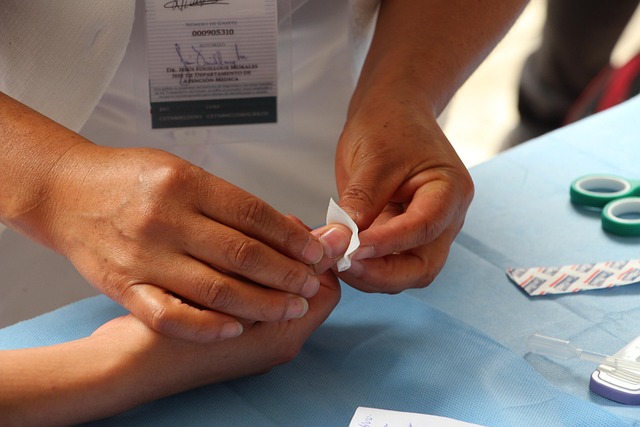Understanding Colon Cancer Treatment: Options, Effectiveness, and What to Expect
Colon cancer is a serious condition that affects thousands of people worldwide each year. Fortunately, advancements in medical science have led to various treatment options that can effectively combat this disease. This article will explore the different approaches to colon cancer treatment, their effectiveness, and what patients can expect during the treatment process.

How effective are current colon cancer treatments?
The effectiveness of colon cancer treatment largely depends on the stage at which the cancer is diagnosed. Early-stage colon cancer (stages I and II) has a high survival rate, with 5-year survival rates of 90% or higher when treated with surgery alone. For stage III colon cancer, which has spread to nearby lymph nodes, the 5-year survival rate is around 70% when treated with a combination of surgery and chemotherapy. Stage IV colon cancer, where the disease has spread to distant organs, is more challenging to treat, but advances in targeted therapies and immunotherapy have improved outcomes for many patients[2].
What are the potential side effects of colon cancer treatment?
Like all cancer treatments, those for colon cancer can come with side effects. Surgery may lead to temporary bowel changes, infections, or in rare cases, the need for a colostomy. Chemotherapy can cause nausea, fatigue, hair loss, and increased susceptibility to infections. Radiation therapy, when used, may cause skin irritation, fatigue, and changes in bowel habits. It’s important to note that not all patients experience all side effects, and many can be managed effectively with proper medical care and support[3].
How long does colon cancer treatment typically last?
The duration of colon cancer treatment varies depending on the stage of cancer and the chosen treatment approach. Surgery is typically a one-time procedure, with recovery lasting several weeks. Chemotherapy treatments often span 3 to 6 months, with cycles of treatment followed by rest periods. If radiation therapy is used, it may be given daily for several weeks. Follow-up care and monitoring continue for years after the initial treatment to watch for any signs of recurrence[1].
What new developments are improving colon cancer treatment?
Exciting advancements in colon cancer treatment are continually emerging. Targeted therapies, which attack specific cancer cell characteristics, have shown promise in treating advanced colon cancer. Immunotherapy, which harnesses the body’s immune system to fight cancer, is also proving effective for some patients. Additionally, minimally invasive surgical techniques and improved imaging technologies are making treatments more precise and reducing recovery times[2].
How can patients prepare for colon cancer treatment?
Preparing for colon cancer treatment involves both physical and emotional readiness. Patients should discuss all treatment options thoroughly with their healthcare team, understanding the potential benefits and risks of each approach. It’s important to arrange for support during treatment, which may include family, friends, or support groups. Maintaining a healthy lifestyle, including a balanced diet and regular exercise (as approved by the medical team), can help improve treatment outcomes and quality of life during the process[3].
Colon cancer treatment has come a long way, offering hope and improved outcomes for many patients. While the journey can be challenging, understanding the available options and what to expect can help patients and their loved ones navigate the treatment process with confidence. As research continues, new and more effective treatments are likely to emerge, further improving the outlook for those facing colon cancer.
This article is for informational purposes only and should not be considered medical advice. Please consult a qualified healthcare professional for personalized guidance and treatment.






